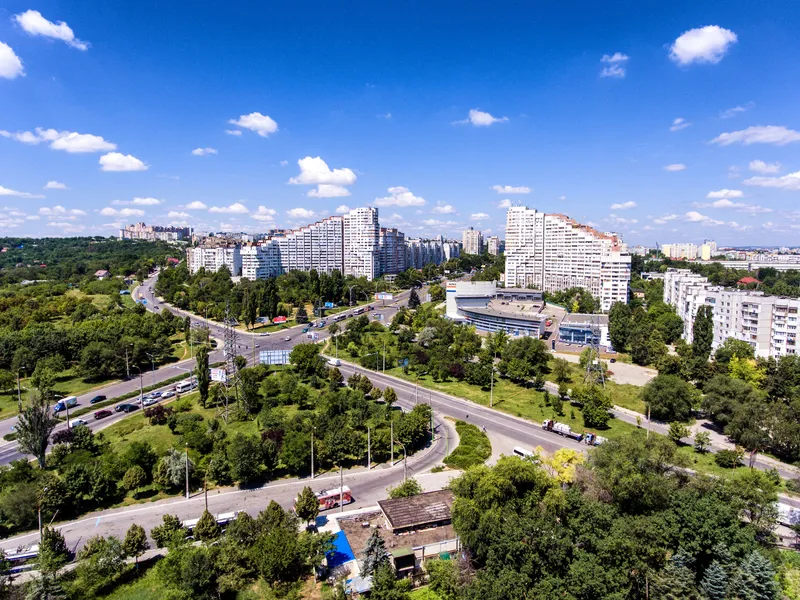
The money will be loaned in two tranches. The first will be for section two of the M2 ring road around the capital city Chisinau. The second tranche will cover rehabilitation of the M1 Chisinau-to-Leuseni road.
The 146km-long M1 highway connects the border with Ukraine near Dubău to the border with Romania at Leușeni, passing through Chișinău and Dubăsari. It forms part of the European routes E58, E581 and E584.
The 185km-long M2 highway connects Chișinău to Soroca via Orhei, then to the border with Ukraine at Cosăuți. It forms a short segment of European route E584 of the International E-road network, north of Chișinău. But the country has under 50km of motorway that is of European standard for the definition.
The EBRD said in a press release that the project will enhance transport connectivity by strengthening core transport links with a focus on the pan-European TEN-T network. The TEN-T policy is aimed at developing coherent, efficient, multimodal and high-quality transport infrastructure across the European Union. It comprises railways, inland waterways, short sea shipping routes and roads linking urban nodes, maritime and inland ports, airports and terminals.
In effect, the rehabilitation of the M1 and M2 “will support country and regional connectivity through the rehabilitation of priority roads between Moldova, the European Union and Ukraine”.
The bank also noted that the project is consistent with the EU-Ukraine Solidarity Lanes facility because the work will focus on major roads that will allow for the import and export of goods with Ukraine. With the Black Sea route closed by the Russian military, 20 million tonnes of grain were trapped in Ukraine before last summer. The European Commission launched the Solidarity Lanes Action Plan in May 2022 to establish alternative logistics routes via rail, road and inland waterways.
The loan will be made to the Republic of Moldova with the ministry of infrastructure and regional development’s State Road Administration (ASD) as the client for the work. Design costs for the upgrades, however, will be handled by the client, according to the EBRD.
Romanian-speaking Moldova, with a population of only 2.5 million, was part of the Soviet Union until the breakup in 1992. The capital city Chişinău has a population under 600,000. Moldova is landlocked - bordered by Romania to the west and Ukraine to the north, east and south. Meanwhile, the unrecognised breakaway state of Transnistria lies across the Dniester River on Moldova’s eastern border with Ukraine.
According to the International Monetary Fund, Moldova is the second poorest country in Europe by GDP per official capita after Ukraine and much of its GDP is dominated by the service sector. A recent report by the ASD noted that there are 12,730km of roads, of which 10,937km are paved. However, the main means of transportation in Moldova are railways - 1,138km of track.
Last autumn, the EBRD agreed to lend €100 million to Moldova to finance road rehabilitation near Ukraine border. It covers 46km of highway between the towns of Soroca and Arionesti and 9.5km from Arionesti to the border with Ukraine at Otaci.
The €100 million loan is on top of an existing €150 million loan in 2013 for road upgrades.
Also last year, Moldova was granted candidate status to join the European Union.





